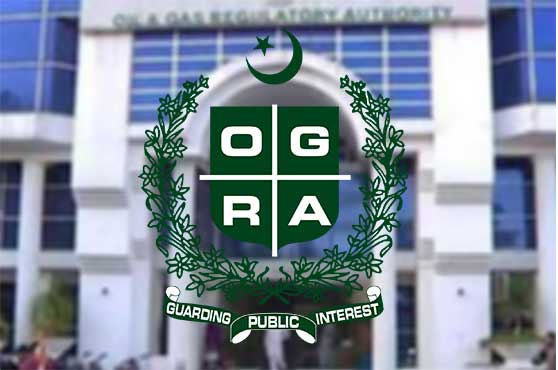DNA
Islamabad, July 09, 2025 – In continued drive toward digital transformation, the Oil and Gas Regulatory Authority (OGRA) has launched the second phase of its flagship initiative – Digitizing Pakistan’s Oil Supply Chain.
Building on the successful deployment of its online licensing system and the first phase of digitization, OGRA has now initiated a comprehensive Track & Trace system in collaboration with the Punjab Information Technology Board (PITB). This next phase aims to enhance transparency, operational efficiency, and safety across the country’s downstream oil sector.
Following the earlier launch of the Raahguzar mobile application — developed in partnership with the Federal Board of Revenue (FBR) and the Oil Companies Advisory Council (OCAC) — which allows consumers to locate licensed fuel stations through GIS mapping, OGRA’s latest move expands the scope of digital oversight to the entire supply chain.
This phase will digitize the end-to-end movement of petroleum products from refineries and import terminals to storage depots, tank lorries, and retail outlets. The new system integrates ERP platforms, GPS tracking, and centralized dashboards to provide real-time monitoring, deter illegal decanting and smuggling, and support more effective enforcement.
Currently, over 29 Oil Marketing Companies (OMCs) are operating with ERP systems, and approximately 15,000 tank lorries are already equipped with GPS tracking devices. These developments form a solid foundation for the nationwide rollout of the Track & Trace system.
“The initiative represents a major step toward a modern, transparent, and secure oil supply chain in Pakistan,” said Masroor Khan , Chairman OGRA. “It reflects OGRA’s commitment to leveraging technology for improved governance, public safety, and consumer confidence.”
With this landmark initiative, OGRA continues to position itself as a forward-looking regulator driving digital innovation for national progress.

















